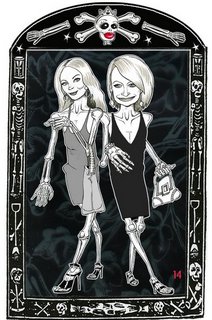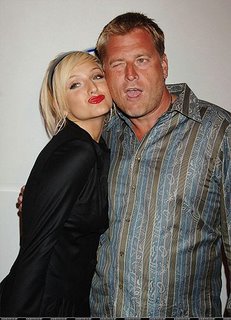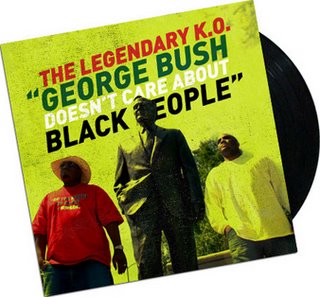
Weight loss has long been one of America's pastimes, and it's bullseye on the female body -- the way it's gaze works to problematize every bulge, bump, and curve -- grows only more wide and fierce in the context of contemporary capitalism.
And although thinness is repeatedly rewarded in even the most unrelated context (I want to spit nails every time I read a book review or interview that comments on the subject's weight), our culture is quick to call someone "too thin," and calls those who become excessively thin "sick." It's a toxic contradiction.
I can't give you a firm number or a percentage, but I can guarantee that I read thousands of headlines while waiting in line at the grocery store about how thin some female celebrity had become. Of all the magazines prominently displayed in the checkout aisle, almost 100% of them feature some reference to weight loss or thinness. The dissonance in the classic before and after shots are echoed in their headlines: i.e. "Scary skinny" vs. "holiday weight loss secrets." Gross.
Although this trend isn't new, I'm naming it my "Beast of 2005" because it seems to have reached some sort of fever pitch. The constant scrutiny of particularly bodies -- the nicole richies and mary kates -- is especially troubling. They are at once spectacles of self-destruction and objects of "thinspiration." Other celebs, particularly those who experience rapid or drastic weight-loss, are treated as gurus -- those who can offer us insight into the occult practices and technologies of weight-loss. And the emergence of the term "manorexia" and before and after shots of folks like Jack Osborne and Carson Daly suggests that thinness for men has come a long way since Al Roker was painted as a pioneer of the gastric bypass. Meanwhile, weight loss narratives (The Biggest Loser, Celebrity Fit Club) effectively conflate weight-loss and virtue. It's sickening, and I'm hoping this trend will end with 2005.
Boo to skellywood.
Exhibit A:
The Skinny Website (be sure to check out the ads - yikes)
"Skellywood Shrine" image courtesy
Gallery of the Absurd



















